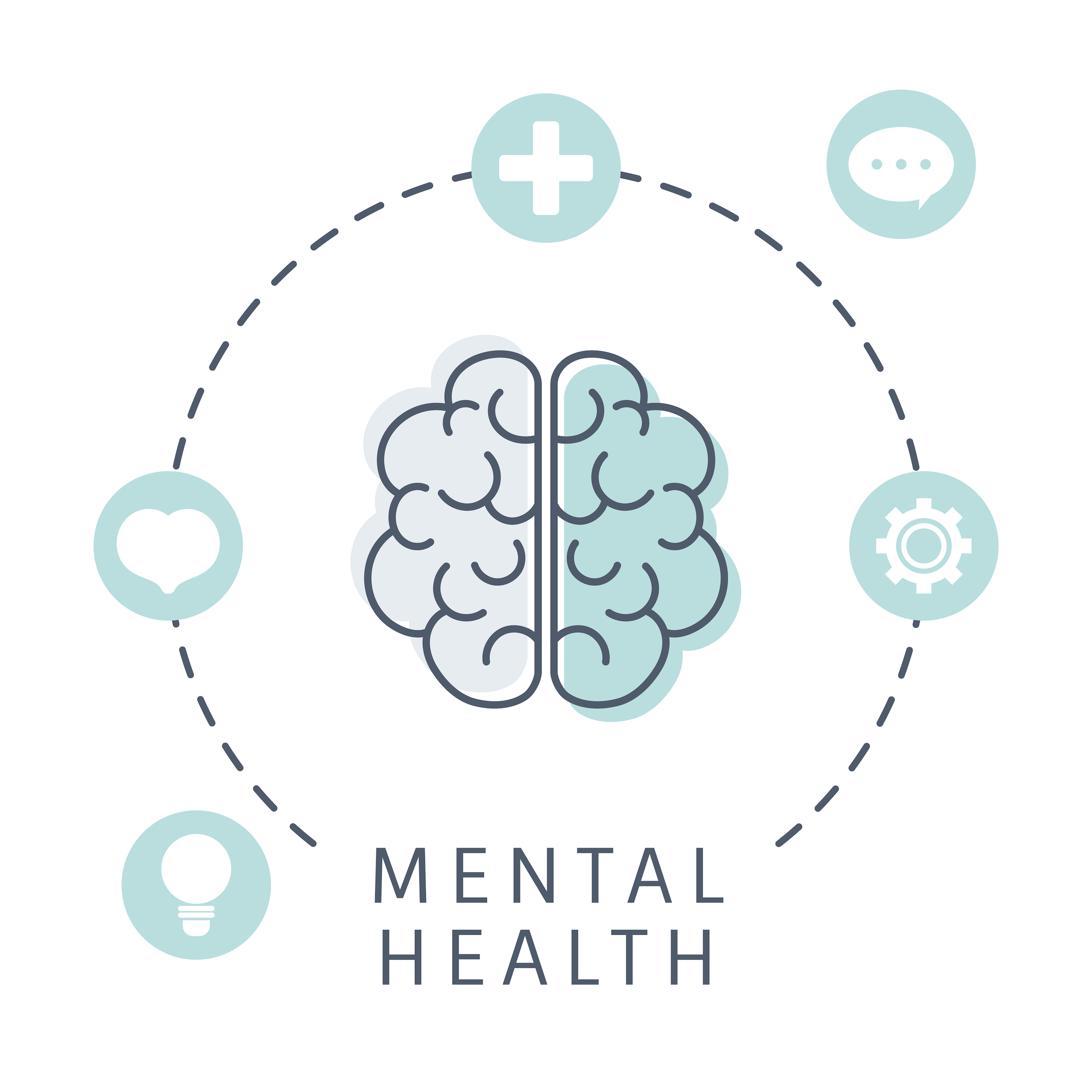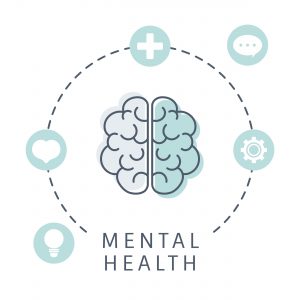Therapy Dogs Reduce College Stress, Improve Executive Functioning
 Spending just one hour per week for a month with therapy dogs led to a significant improvement in executive functioning for college students at risk of failing academically. Read more »
Spending just one hour per week for a month with therapy dogs led to a significant improvement in executive functioning for college students at risk of failing academically. Read more »


 In recent weeks, governors, mayors and superintendents have discussed plans to reopen schools and get “back to normal” in the fall.
In recent weeks, governors, mayors and superintendents have discussed plans to reopen schools and get “back to normal” in the fall.
 One evening in late March, a mom called 911. Her daughter, she said, was threatening to kill herself. EMTs arrived at the home north of Boston, helped calm the 13-year-old, and took her to an emergency room.
One evening in late March, a mom called 911. Her daughter, she said, was threatening to kill herself. EMTs arrived at the home north of Boston, helped calm the 13-year-old, and took her to an emergency room.
 The vaccines made by Pfizer-BioNTech and Moderna
The vaccines made by Pfizer-BioNTech and Moderna 
 Music classes can serve as a way to help students develop social-emotional learning skills, and activities that build these tools can be introduced into classrooms as early as preschool,
Music classes can serve as a way to help students develop social-emotional learning skills, and activities that build these tools can be introduced into classrooms as early as preschool, 

 I
I


 We see images and hear conversations about racial injustice almost every day. As a parent, you might find it easier to be silent or ignore, but it’s important to view these as opportunities to talk with your kids about what they are seeing and hearing.
We see images and hear conversations about racial injustice almost every day. As a parent, you might find it easier to be silent or ignore, but it’s important to view these as opportunities to talk with your kids about what they are seeing and hearing.


